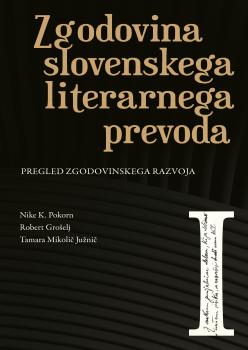Odnos do temnopoltih v slovenskih literarnih prevodih
Kratka vsebina
V prispevku je obravnavana podoba temnopoltih v slovenskih literarnih prevodih od sredine 19. stoletja do začetka 21. stoletja. V prevodih, ki so izšli v obdobju do konca 2. svetovne vojne, eksplicitno rasistični diskurz o temnopoltih ni bil cenzuriran, pejorativni izrazi za temnopolte so bili skoraj popolnoma nevtralizirani, pri prevajanju afroameriške angleščine pa je bil razmeroma pogosto uporabljen slovnično nepravilen diskurz. Slednja prevajalska strategija se je v določeni meri ohranila tudi v nekaterih prevodih iz socialističnega obdobja, čeprav je bil sociolekt temnopoltih pripovednih oseb pogosteje standardiziran. V tem obdobju so bili negativno zaznamovani izrazi za temnopolte pogosto omiljeni, predvsem v prevodih za otroke oz. mladino pa je včasih zaslediti tudi cenzuro eksplicitno rasističnega diskurza o temnopoltih. V post-socialističnem obdobju je tovrstno neposredno poseganje v makrostrukturo besedil manj razširjeno, pri prevajanju najbolj pejorativnih poimenovanj za temnopolte tudi v tem obdobju pogosto niso uporabljeni najbolj negativno zaznamovani slovenski izrazi, pri prevajanju diskurza temnopoltih pripovednih oseb pa je večinoma uporabljena bodisi pogovorna bodisi standardna slovenščina.


